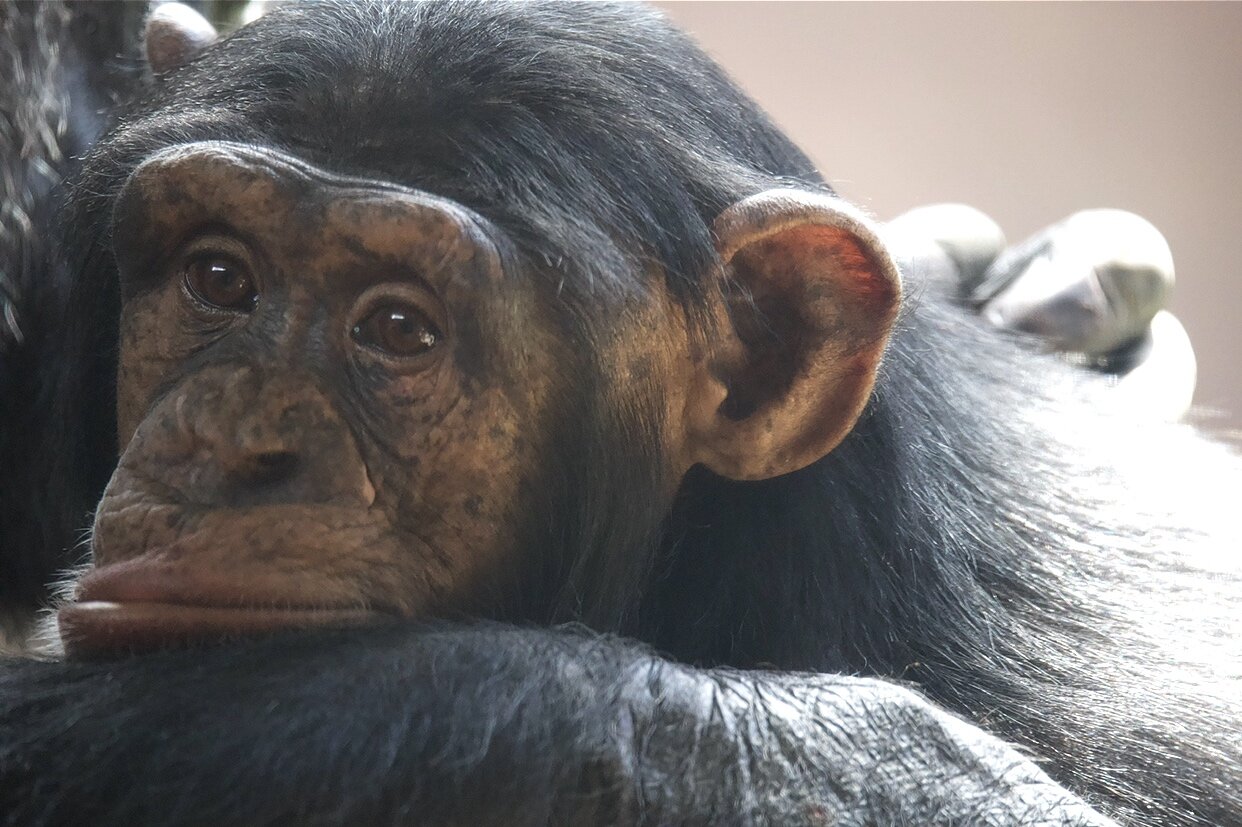Chimpanzee A Mirror of Our Origins
Chimpanzees share approximately 98% of their DNA with humans, making them our closest living relatives.
Through extensive research and observation, scientists have discovered astonishing similarities in behavior, emotions, and cognitive capabilities between chimpanzees and humans.
These magnificent creatures exhibit problem-solving skills, tool use, and intricate social interactions, shedding light on the evolutionary journey that led to our own species.
World Chimpanzee Day offers an opportunity to reflect on our interconnectedness and learn from these remarkable beings.
Conservation Initiatives
World Chimpanzee Day serves as a platform to highlight ongoing conservation efforts and promote actions that can make a real difference.
By supporting reputable organizations working to protect chimpanzees and their habitats, we contribute to safeguarding their future.
These organizations focus on combating illegal wildlife trade, restoring forest habitats, conducting research, and advocating for stronger legal protections.
Through education, community engagement, and sustainable development, they strive to create a harmonious coexistence between humans and chimpanzees.
Honouring Our Closest Relatives
On World Chimpanzee Day, we come together to pay homage to our closest living relatives in the animal kingdom.
Chimpanzees, known for their intelligence, complex social structures, and remarkable abilities, offer us a window into our shared evolutionary history.
Join us as we delve into the fascinating world of chimpanzees, explore their importance, and advocate for their conservation.
The Plight of Chimpanzees
While chimpanzees hold a special place in our hearts and scientific understanding, they face numerous threats in the wild.
Habitat destruction, poaching, illegal pet trade, and infectious diseases pose severe challenges to their survival.
They're populations have drastically declined over the years, pushing them to the brink of extinction.
Urgent action is required to protect their habitats, combat illegal activities, and raise awareness about the importance of chimpanzee conservation.
Promoting Ethical Tourism
Ethical tourism can play a crucial role in chimpanzee conservation.
By choosing responsible and sustainable wildlife tourism, we can support initiatives that prioritize the well-being of chimpanzees in their natural habitats.
Responsible tourism practices ensure minimal disturbance to the animals, provide local communities with economic benefits, and raise awareness about the importance of conservation.
When visiting areas where chimpanzees reside, it is vital to follow strict guidelines, maintain a respectful distance, and adhere to ethical wildlife-watching practices.
World Chimpanzee Day is a time to celebrate the fascinating world of our closest relatives and recognize the urgent need for their conservation.
Chimpanzees provide a valuable insight into our shared heritage, demonstrating the complexity and beauty of the natural world.
Let us utilize this day as a catalyst for change, fostering greater understanding, supporting conservation initiatives, and advocating for a future where chimpanzees thrive in their natural habitats.
Together, we can ensure that these remarkable creatures continue to inspire and remind us of the remarkable interconnectedness of all life on our planet.






